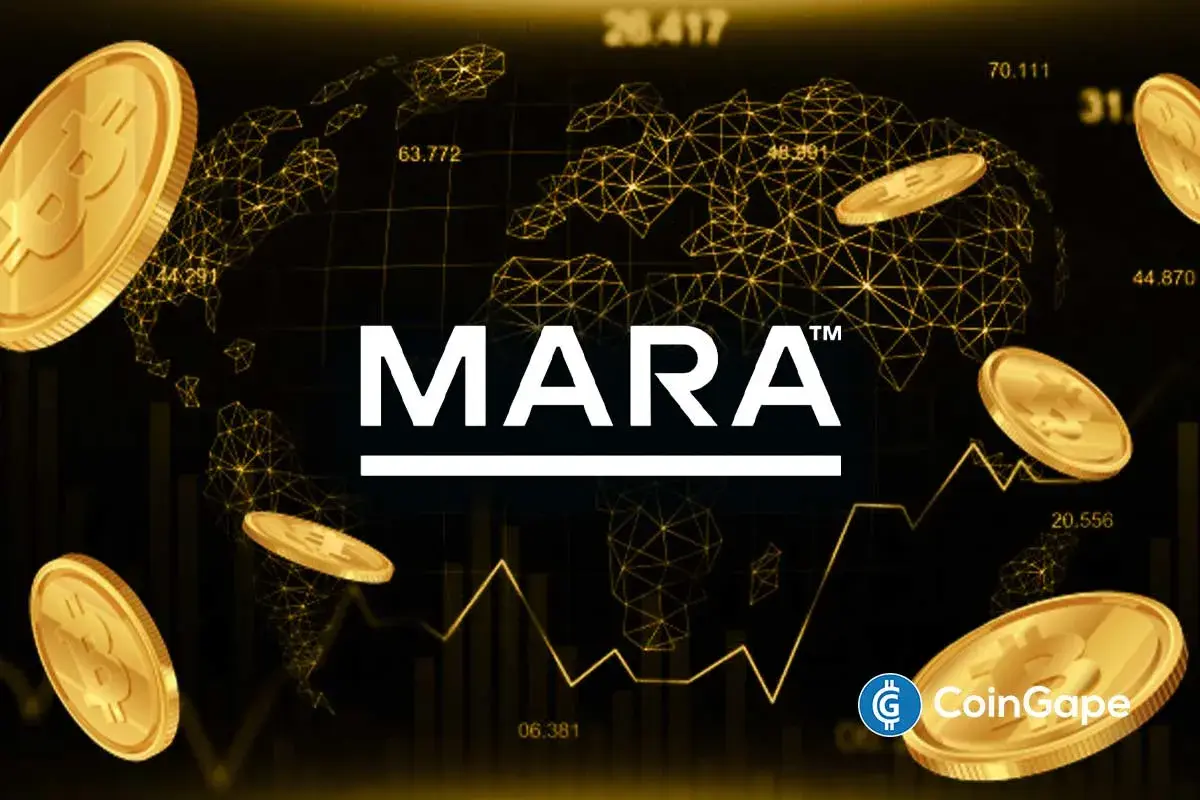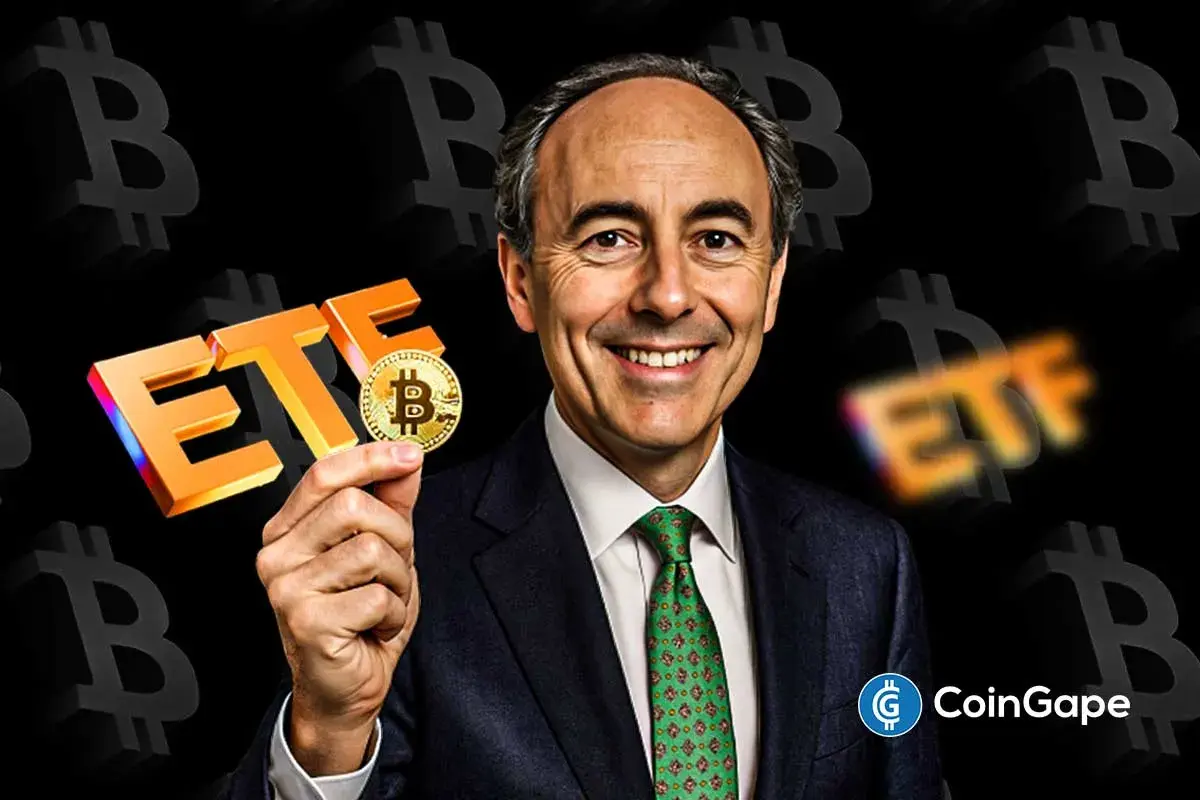Are Self-Regulatory Crypto Bodies Answer To Rising Govt. Cryptocurrency Regulations?

With the number of scams, hacks, and frauds rising in the crypto market, the government intervention has increased exponentially. However, the majority of the participants in this market are the legit players that want the bad actors to be eliminated. This has promoted the idea of self-regulatory bodies.
Typically, a self-regulatory body is a non-government organization that contains the power to create specific industry standards and regulations; and further, enforce them. These could be either in place of government regulation or in addition to it.
Currently, the concept of self-regulatory body has grown tremendously.
What a self-regulatory body in cryptocurrency means?
Since its inception, cryptocurrency market has reached such a high level that its total market cap is over $450 billion. In mid-December, this market cap reached its all-time high at $600 billion twice. Given the features and lucrativeness of the market, the number of users, traders and participators continue to rise globally.
The growing popularity and market value have also attracted the illicit users to this market which in turn has brought the regulatory authorities into the picture. However, due to legal authorities’ lack of awareness and knowledge on this topic, cryptocurrencies are either curbed down or heavily monitored that restricts its potential and growth.
This is where self-regulatory bodies can make a huge difference. These bodies comprise of members of the industry itself that are well-versed with its meaning and norms. They can help put the necessary restrictions without affecting the integrity of the crypto industry.
Also, read… Japan Cryptocurrency Exchanges Form a Self-Regulatory Body
Japan and Winklevoss brothers are leading the way
Recently, the Winklevoss brothers proposed the idea of self-regulatory organization framework that “provides a virtual commodity regulatory program for the virtual commodity industry is the next logical step in the maturation of this market.”
This non-profit regulatory body along with other bodies like SEC or CFTC can provide transparency and promote innovative and financially sound virtual commodity markets.
At the beginning of March, 16 Japanese government approved cryptocurrency exchanges along with 16 quasi-operators and 100 other firms came together to form a self-regulatory body. The move was made in the light of $530 million Coincheck hack.
In mid-February, a self-regulatory trade body called CryptoUK was formed by seven prominent cryptocurrency companies in the UK. The aim of this body is to work on the industry standards and code of conduct to pre-empt any looming threat.
Additionally, seven of Indian cryptocurrency exchanges came together and created BACC (Blockchain and Cryptocurrency Committee of the Internet and Mobile Association of India) where they maintain a real-time database of traders.
What are your views on self-regulatory bodies in the crypto space? Do you think they have the potential to do the needful? Share your thoughts with us below!
Play 10,000+ Casino Games at BC Game with Ease
- Instant Deposits And Withdrawals
- Crypto Casino And Sports Betting
- Exclusive Bonuses And Rewards

- U.S.–Iran War: Bitcoin Price Extends Decline as Oil Prices Surge To Two-Year High
- Bitcoin Treasury Firm MARA Considers Selling BTC Reserves After Policy Update
- Cardano Founder Warns Over CLARITY Act, Cites Lack of Protection for DeFi, Stablecoins, Prediction Markets
- Core Scientific Sells 1,900 BTC as Bitcoin Miner Pivots to AI, CORZ Stock Dips
- Bitcoin News: VanEck CEO Projects Gradual BTC Rally in 2026 as ETFs Sees $458M Inflows
- Circle Stock Price Climbs 15% to $96, Can Rally Continue in March 2026?
- Bitcoin Price Prediction as US-Iran War Enters 4th Consecutive Day
- Top 5 Historical Reasons Dogecoin Price Is Not Rising
- Pi Coin Price Prediction for March 2026 Amid Network Upgrade, KYC Boost, Rewards Distribution
- Gold Price Nears ATH; Silver Eyes $100 Breakout on Us- Iran War
- Bitcoin And XRP Price As US Kills Iran Supreme Leader- Is A Crypto Crash Ahead?

 Buy $GGs
Buy $GGs
















